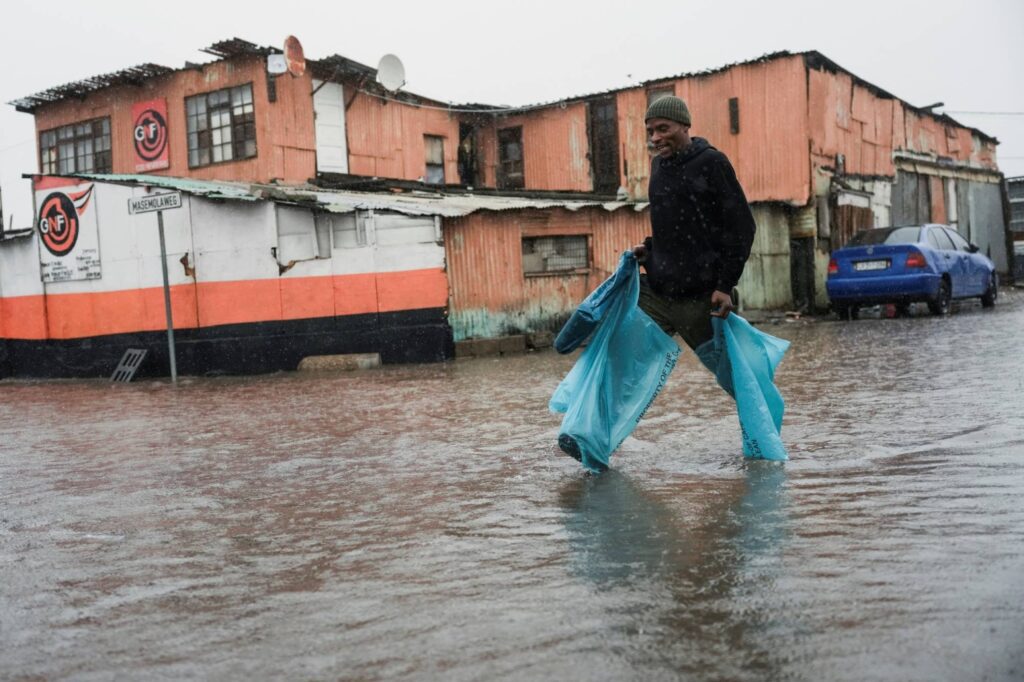Rising Military Spending Threatens Climate Aid in Africa
The Global Context: Military Spending at Record Levels
In recent years, global military expenditure has surged to unprecedented levels, influenced largely by conflicts in regions like Ukraine and Gaza. This dramatic increase, the highest since the Cold War, has raised concerns among African leaders regarding the availability of international aid necessary for combating the climate crisis.
The African Climate Summit: A Call to Action
At the recent African Climate Summit in Ethiopia, a coalition of African heads of state, researchers, and environmental activists gathered to address the pressing issues of climate adaptation. They voiced urgent calls for international donors to bolster support for Africa in the face of increasing natural disasters such as floods, droughts, and extreme heatwaves.
According to Patrick Verkooijen, the president of the Global Center on Adaptation (GCA), which operates from both the Netherlands and Kenya, “We’re now living in a new world order where security measures are prevalent to finance.” This statement underscores the shifting focus of funding towards military endeavors, potentially at the expense of urgent climate-related initiatives.
The Climate Crisis in Africa
Africa is one of the regions most vulnerable to the impacts of climate change. The continent faces a wealth of challenges such as:
- Severe Droughts: Countries like Kenya and Ethiopia frequently endure prolonged dry spells, severely affecting agriculture and water supply.
- Destructive Floods: Seasonal rains that lead to flooding can displace entire communities and cause extensive damage to infrastructure.
- Extreme Heatwaves: Rising temperatures pose risks to both public health and agricultural productivity.
The Importance of International Aid
International aid plays a crucial role in supporting African nations as they strive to adapt to the ongoing impacts of climate change. Funding for climate adaptation projects is essential for:
- Building resilient infrastructure.
- Implementing sustainable agricultural practices.
- Developing early warning systems for natural disasters.
However, as military spending escalates globally, political and financial attention is diverted from these vital needs. This shift could exacerbate the climate vulnerabilities unique to the continent.
Conclusion: A Call for Balanced Funding
The growing trend of prioritizing military expenditure over climate aid poses significant risks for nations in Africa. As they confront the dual challenges of security and climate change, it becomes imperative for global leaders and donors to reassess funding strategies. By prioritizing climate adaptation alongside security measures, the international community can help ensure a sustainable future for Africa in a rapidly changing world.
For more insights on climate adaptation strategies, consider exploring resources from organizations like the Global Center on Adaptation and the United Nations Framework Convention on Climate Change (UNFCCC).
